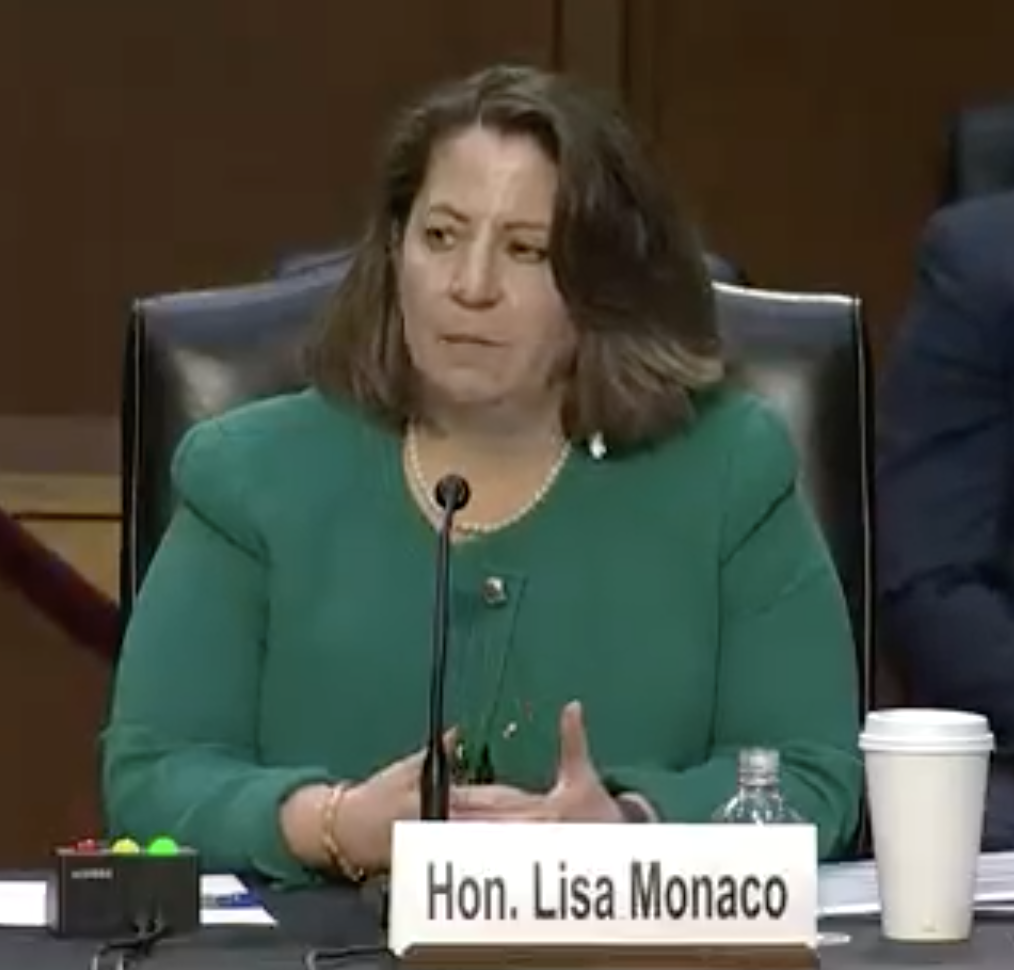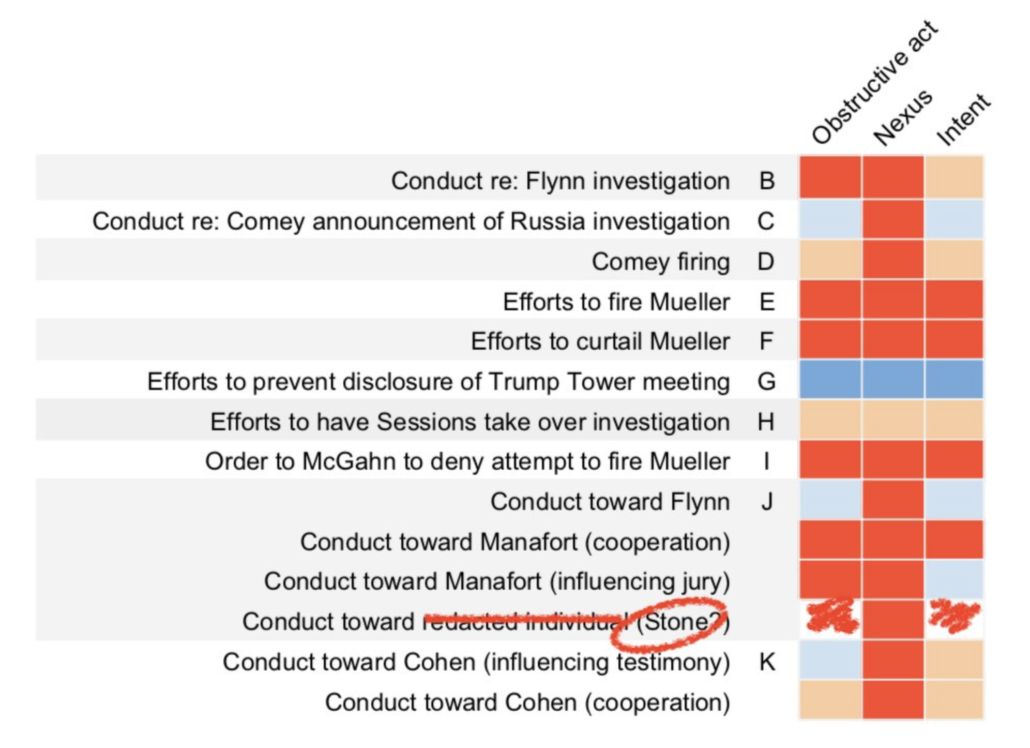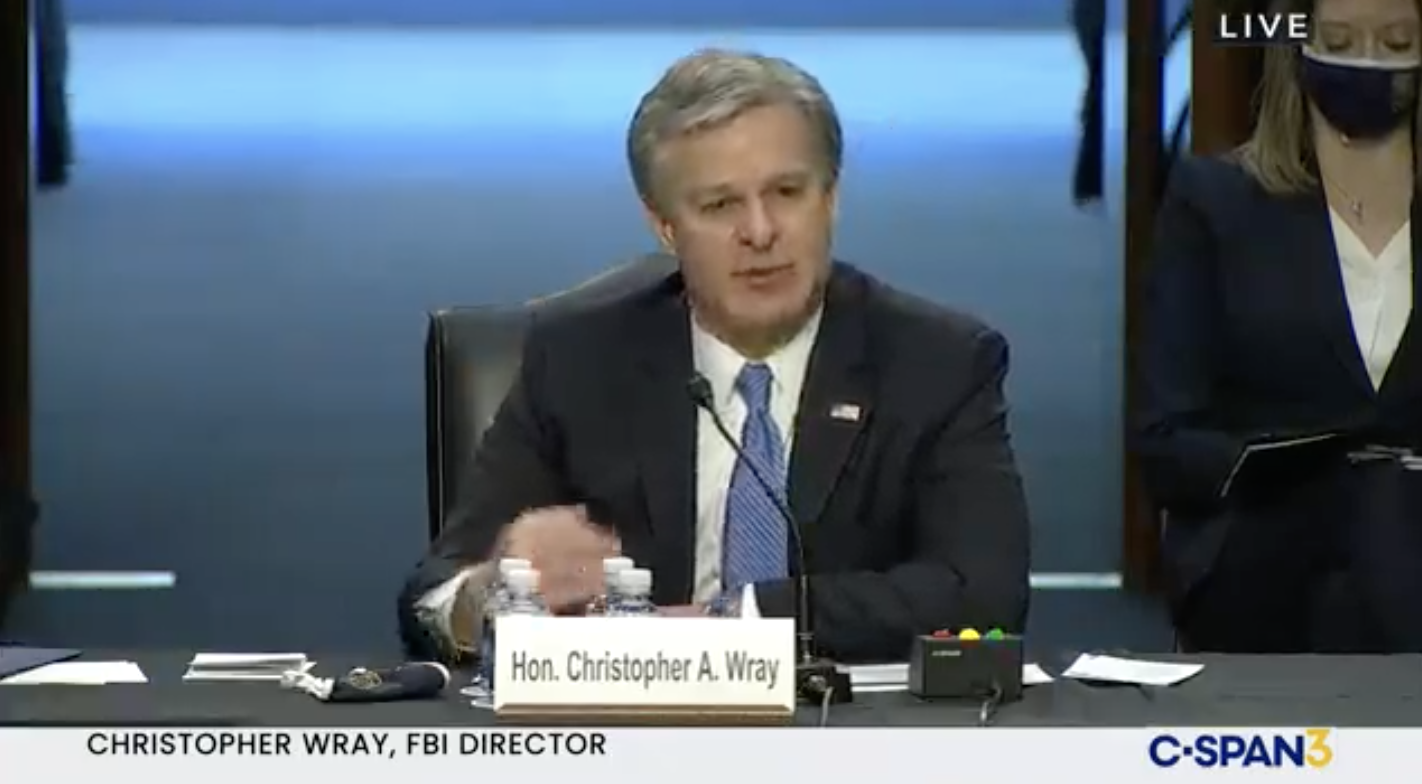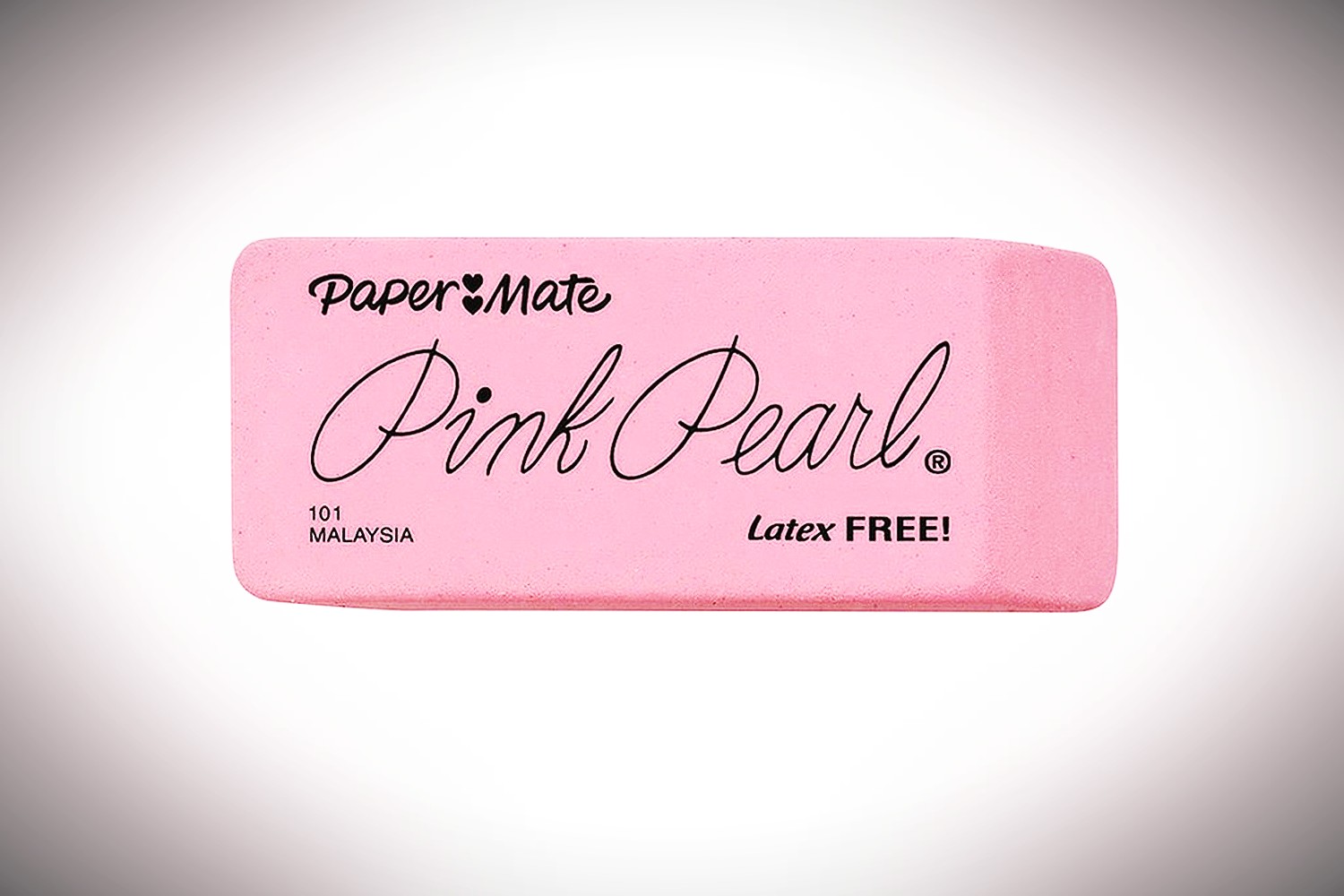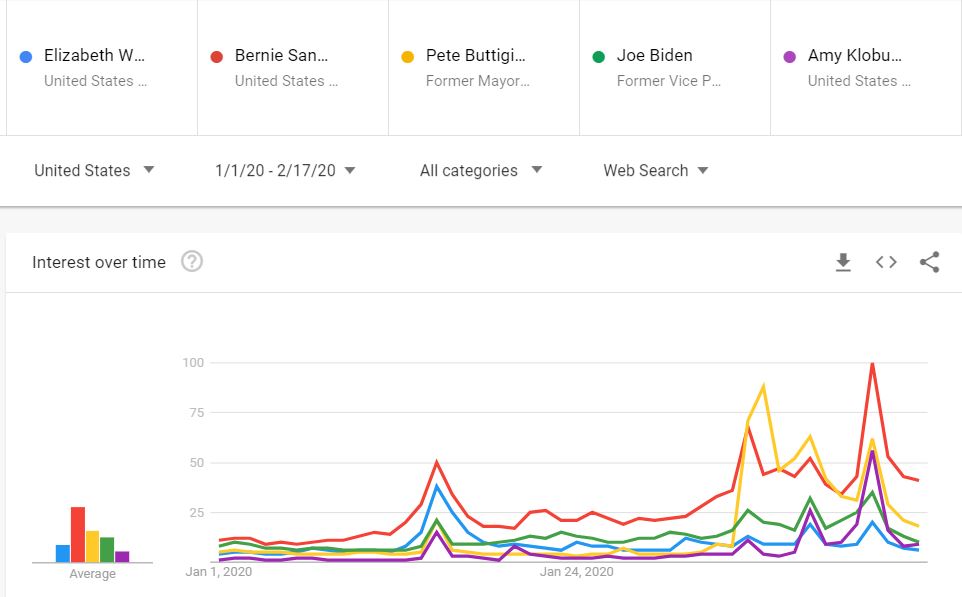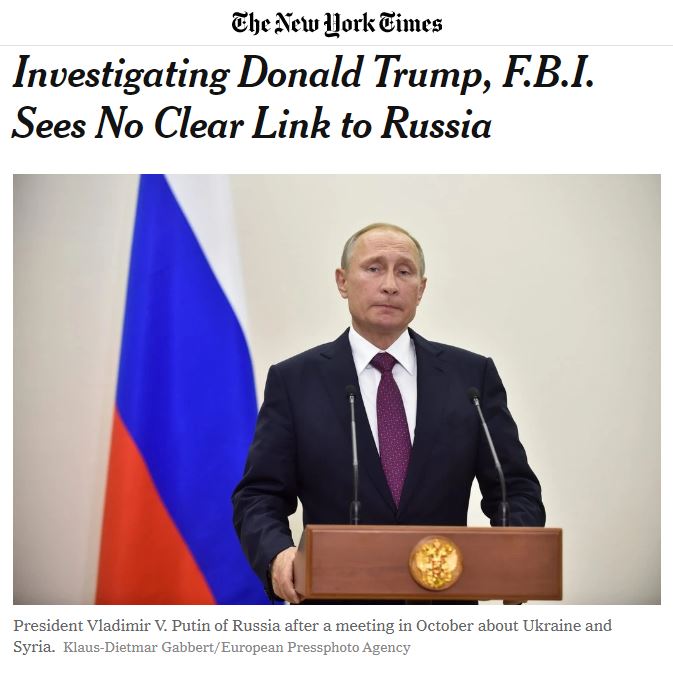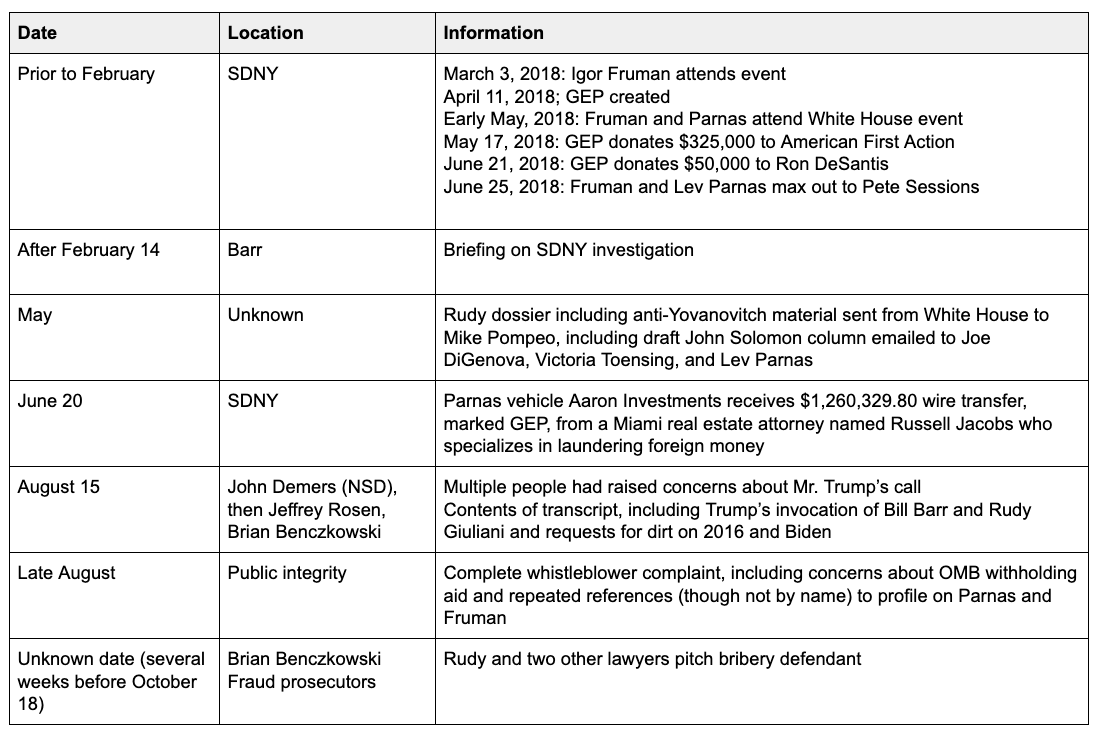The Hole in the Senate January 6 Report Created by DOJ’s Non-Cooperation
The Senate Rules/Homeland Security Report on January 6 is as helpful for the holes it identifies as it is for the questions it answers.
The most amazing hole pertains to the actions of the Secret Service. The report notes that the Secret Service attended a preparatory meeting on January 5, and like the FBI, Secret Service raised no warnings about the violent mob that their primary protectee was convening in DC.
He has stated that in a January 5 meeting with USCP leadership, members of the Capitol Police Board, and officials from the FBI, U.S. Secret Service, and DCNG, no entity “provided any intelligence indicating that there would be a coordinated violent attack on the United States Capitol by thousands of well-equipped armed insurrectionists.”153
The Report notes that then-Capitol Police Chief Steve Sund called Secret Service and asked for help on the day of the riot.
At 1:01 p.m., Mr. Sund also requested assistance from the United States Secret Service.79
[snip]
Mr. Sund testified that he first contacted MPD, followed closely by the U.S. Secret Service Uniformed Division.457
But the language about the agencies that did come to help does not mention Secret Service.
After 3:00 p.m., additional reinforcements from federal agencies began to arrive, and USCP turned to extracting and securing congressional staff.111 A number of agencies and entities provided assistance, including DHS; the FBI; the Bureau of Alcohol, Tobacco, Firearms and Explosives; the Montgomery County Police Department; the Arlington County Police Department; the Fairfax Police Department; and Virginia State Troopers.112 With this help, USCP secured the Senate and House chambers, along with the basement, subways, first floor, and crypts by 4:28 p.m. 113 DCNG personnel began arriving at the Capitol at approximately 5:20 p.m.114 By 6:14 p.m., USCP, DCNG, and MPD successfully established a security perimeter on the west side of the Capitol building.115
We’ve been focusing for months on the delayed response from DOD, but all this time Secret Service’s role has gone little noticed (and I’m still interested in Park Police’s absence). The silence here suggests that Secret Service blew off an explicit call for help as a mob threatened both Mike Pence and Kamala Harris.
As the report notes, Secret Service’s lead agency, DHS, has not yet fully complied with the Senate’s information requests.
Most entities cooperated with the Committees’ requests. There were notable exceptions, however: the Department of Justice and DHS have yet to fully comply with the Committees’ requests for information, the Office of the House of Representatives Sergeant at Arms did not comply with the Committees’ information requests, and a USCP Deputy Chief of Police declined to be interviewed by the Committees.
As to DOD’s slow response in deploying the Guard on the day of the attack, the report suggests that Army Secretary Ryan McCarthy had a key role in it.
There are multiple conflicting stories about what happened at DOD. It was clear from his testimony that former Acting Secretary Christopher Miller genuinely didn’t understand how much of a delay there was with the deployment of the National Guard. An important detail included in the report is that Miller believed the Guard had his okay to deploy by 3:04, but McCarthy dawdled until after 4:32, after other law enforcement had secured much of the Capitol.
By 4:32 p.m., Mr. McCarthy and his D.C. counterparts had agreed upon a “task and purpose” for DCNG, “identif[ied] link-up locations, and confirm[ed] key leaders at each site.”656 Accounts differ as to who within DOD needed to approve the final plan in order to deploy DCNG troops to the Capitol. Mr. McCarthy briefed Mr. Miller on the plan, who raised no objections.657 But Mr. Miller informed the Committees that he did not need to approve the plan—in his view, his 3:04 p.m. authorization was all encompassing and as soon as Mr. McCarthy and General Walker finished their mission analysis, DCNG had all necessary authorizations to deploy.658 General McConville informed the Committees that, although he did not know for sure, he believed Mr. Miller did need to approve the deployment plan.659
The reason why McCarthy dawdled is important, though.
After a bunch of conflicting excuses about the delay itself, there’s a section addressing why the Quick Reaction Force wasn’t deployed (ironically, given that the Oath Keepers seemed more prepared to release theirs than the entire DOD). After yet more conflicting excuses, McCarthy said that one reason the QRF couldn’t be deployed was because DOD needed to “link up with an organization and contact.”
General Walker also testified that the QRF was outfitted with all the equipment needed to go to the Capitol and was “ready to go” before 5:00 p.m.694 General McConville stated that “there was never an intent to have a quick reaction force going in to clear the Capitol.”695 Neither Mr. McCarthy nor Mr. Miller recalled whether the QRF had its civil disturbance gear available at Joint Base Andrews. Mr. McCarthy also noted that he was never informed that the QRF was at the Armory, equipped, and prepared to depart for the Capitol.696 When asked whether the QRF was properly equipped to respond to the Capitol, even if that was not the original intent, General McConville reiterated the importance of the assigned mission: “it depends on what the mission was.”697
Mr. McCarthy also acknowledged that, even if properly equipped, the QRF still needed to be briefed on the new mission.698 “I wanted to be clear of the concept for operations and how we were going to bring these [available DCNG personnel, including the QRF] together, make sure they ha[d] the right equipment, a clear understanding of their mission, and then link up with an organization and contact.
In other words, the reason the Pentagon couldn’t send a QRF to fight mobs prepared with their own QRF was because there was no lead agency to oversee them.
One of the most important sections of this report describes how Trump made DOJ — the same agency that had deployed even BOP officials during the summer — the lead agency on January 6. But DOJ did nothing. Miller explained that’s why he got so involved — because DOJ did nothing. “Somebody needed to do it,” he explained. And then McCarthy repeatedly used the lack of a lead federal agency as his excuse not to deploy the Guard. This discussion of DOJ’s disavowals of being the lead federal agency is one of the few areas where the report reiterates that an agency refused to cooperate with the Senate.
All DOD officials interviewed stressed the importance of the designation of a lead federal agency to support operations on January 6. The lead federal agency is “the nexus and locus for all information flow” and ensures that everything is coordinated and synchronized across federal agencies and departments.556 Mr. Miller noted that DOD “should never, ever be the lead federal agency for domestic law enforcement,” except for the establishment of martial law.557 Indeed, Mr. McCarthy required an agency to be designated before supporting the Mayor’s request for National Guard assistance. 558 According to Mr. McCarthy, on January 4, the White House designated DOJ as the lead federal agency for January 6: “Sunday evening, after Acting Secretary Miller and General Milley met with the President, they got the lead [f]ederal agency established, all of the pieces started coming together.”559 Mr. Miller also recalled that DOJ was designated as the lead federal agency at some point prior to January 6, but he did not know what role the White House played in the decision.560
Although DOD understood that DOJ was designated as the lead federal agency, there appears to have been no clearly established point of contact within the department, according to Mr. McCarthy, which he found “concerning.”561 Prior to January 6, Mr. McCarthy sent a letter to Acting Attorney General Jeffrey Rosen outlining the Army’s operational plan in support of the Mayor’s request and reached out informally to David Bowdich, FBI Deputy Director, because the two had worked together previously.562 But Mr. McCarthy claimed, even during the attack, he was never provided an official point of contact at DOJ and had no contact with DOJ or FBI officials until approximately 4:00 p.m. 563 General McConville also stated that DOJ was designated as the lead federal agency; however, he noted that DOJ did not conduct any interagency rehearsals or have an integrated security plan, as DOJ did during the summer 2020 protests when it had also been designated as the lead federal agency.564 General McConville stressed the importance of integrated security plans and acknowledged that had there been one on January 6, DOD’s response time would have been quicker.565
In contrast, Mr. Miller stated Richard Donoghue, Acting Deputy Assistant Attorney General, served as DOJ’s operational lead on January 6.566 Notably, however, Mr. Miller acknowledged that, during the attack, he convened calls with Cabinet members to share information and ensure everyone was on the same page.567 When asked why he convened the calls, as opposed to the lead federal agency, Mr. Miller responded, “somebody needed to do it.”568 Mr. Miller was not familiar with any actions DOJ took to coordinate the federal response on January 6.569
On May 12, 2021, Jeffrey Rosen, the Acting Attorney General on January 6, testified at a House Oversight hearing that it was “not accurate” that DOJ was the lead federal agency for security preparations on January 6. 570 He stated that DOJ’s responsibilities were specific to intelligence coordinating and information sharing.571 DOJ has not acknowledged that it was designated the lead federal agency for January 6 and has yet to fully comply with the Committees’ requests for information. 572
In this post, I suggested the January 6 investigation hypothetically could (which is no guarantee it will) reach far more of the potentially criminal behavior than virtually everyone not following closely believes.
But in addition to the two areas where I expressed doubt that could happen — members of Congress, and DOD itself — this report makes it clear that DOJ remains a key subject that should be investigated.
It’s not at all clear that the FBI can or would investigate DOJ’s former top leaders.
Admittedly, DOJ — along with DOD, DHS, and Interior — is conducting a review of DOJ’s role that day and in weeks leading up to it (it’s not clear DHS’ review will include Secret Service, which has its own IG).
Review Examining the Role and Activity of DOJ and its Components in Preparing for and Responding to the Events at the U.S. Capitol on January 6, 2021
The DOJ Office of the Inspector General (OIG) is initiating a review to examine the role and activity of DOJ and its components in preparing for and responding to the events at the U.S. Capitol on January 6, 2021. The DOJ OIG will coordinate its review with reviews also being conducted by the Offices of Inspector General of the Department of Defense, the Department of Homeland Security, and the Department of the Interior. The DOJ OIG review will include examining information relevant to the January 6 events that was available to DOJ and its components in advance of January 6; the extent to which such information was shared by DOJ and its components with the U.S. Capitol Police and other federal, state, and local agencies; and the role of DOJ personnel in responding to the events at the U.S. Capitol on January 6. The DOJ OIG also will assess whether there are any weaknesses in DOJ protocols, policies, or procedures that adversely affected the ability of DOJ or its components to prepare effectively for and respond to the events at the U.S. Capitol on January 6. If circumstances warrant, the DOJ OIG will consider examining other issues that may arise during the review.
The DOJ OIG is mindful of the sensitive nature of the ongoing criminal investigations and prosecutions related to the events of January 6. Consistent with long-standing OIG practice, in conducting this review, the DOJ OIG will take care to ensure that the review does not interfere with these investigations or prosecutions.
DOJ IG has suggested that it is looking into the late Trump term shenanigans. But it’s not clear that it would look at why DOJ let a violent mob assault the Capitol.
Which, given the Senate report, is an issue that needs far more scrutiny.


